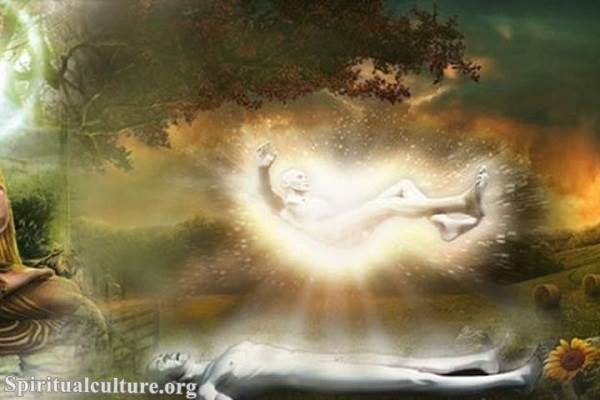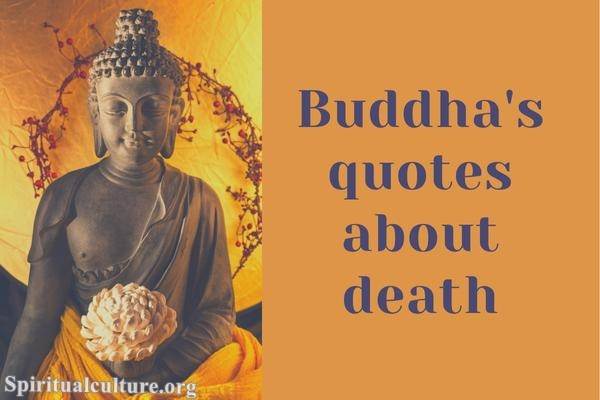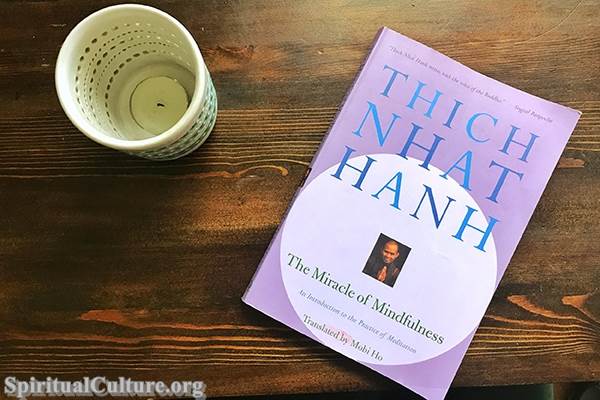Buddhism is a non-theistic spiritual tradition based on Siddhartha Gautama‘s teachings, known as the Buddha or the “awakened one.”
The term “Buddha God” is often used, but it can be misleading to those unfamiliar with the tenets of Buddhism. Unlike many other religions, Buddhism does not revolve around the worship of a single, omniscient deity. Instead, it offers a path for spiritual development and self-discovery. This article aims to delve into the concept of the “Buddha God” and provide a comprehensive overview of Buddhism.
Who is The Buddha?
Siddhartha Gautama, also known as the Buddha, was a spiritual teacher from ancient India. Born into a royal family around the 5th or 6th century BCE, he lived a sheltered life until he ventured out of his palace and witnessed the suffering inherent in human life. This led him to renounce his royal lifestyle in search of enlightenment.
After many years of rigorous ascetic practices and deep meditation, Siddhartha attained enlightenment under the Bodhi tree, thus becoming the Buddha. He is not considered a god in the traditional sense, but a human who achieved the highest possible state of spiritual enlightenment, known as Nirvana. His teachings, known as Dharma, provide a guide for others to follow on their path to enlightenment.
Understanding Buddhism
Buddhism is one of the world’s oldest religions, with hundreds of millions of followers globally. It is a path of practice and spiritual development leading to insight into the true nature of reality. Buddhism teaches that all life is interconnected, and it encourages compassion towards all beings.
The teachings of Buddhism revolve around the Four Noble Truths and the Noble Eightfold Path. The Four Noble Truths encapsulate the essence of Buddhism: the truth of suffering, the cause of suffering, the end of suffering, and the path leading to the end of suffering. The Noble Eightfold Path provides a practical guideline for ethical and mental development with the goal of freeing individuals from attachments and delusions, ultimately resulting in enlightenment.
The Buddha God Concept
The concept of “Buddha God” is a common misunderstanding. The Buddha is revered as a teacher who attained enlightenment and shared his teachings with the world, not as a divine being to be worshipped. Buddhists do not pray to Buddha hoping for worldly benefits, but they pay respect and express gratitude for his teachings that guide them towards enlightenment.
However, in Mahayana Buddhism, the concept of a Buddha takes on a somewhat divine aspect. Mahayana Buddhists believe in the concept of the Bodhisattva, enlightened beings who postpone their own Nirvana to help others achieve enlightenment. In some forms of Mahayana Buddhism, the line between the Buddha and a god-like figure can become blurred, but it is essential to remember that the Buddha is still considered a guide and teacher, not a god to be worshipped.
Conclusion
In summary, the term “Buddha God” is often a misinterpretation of the Buddha’s role in Buddhism. The Buddha is not a god in the traditional sense, but an enlightened being who discovered the path to Nirvana and shared this knowledge with the world. Buddhism is a spiritual tradition that encourages self-discovery, ethical living, wisdom, and compassion towards all beings. It is a path to understanding the nature of reality and our place within it, rather than a religion centered around the worship of a deity.





